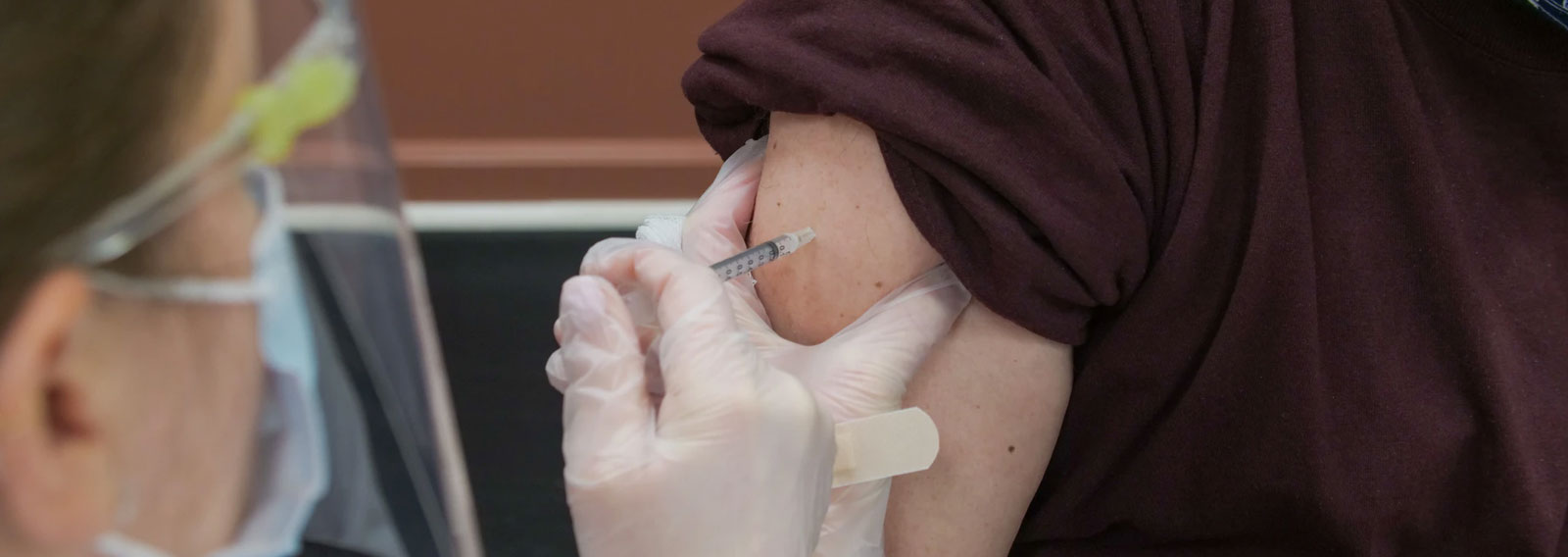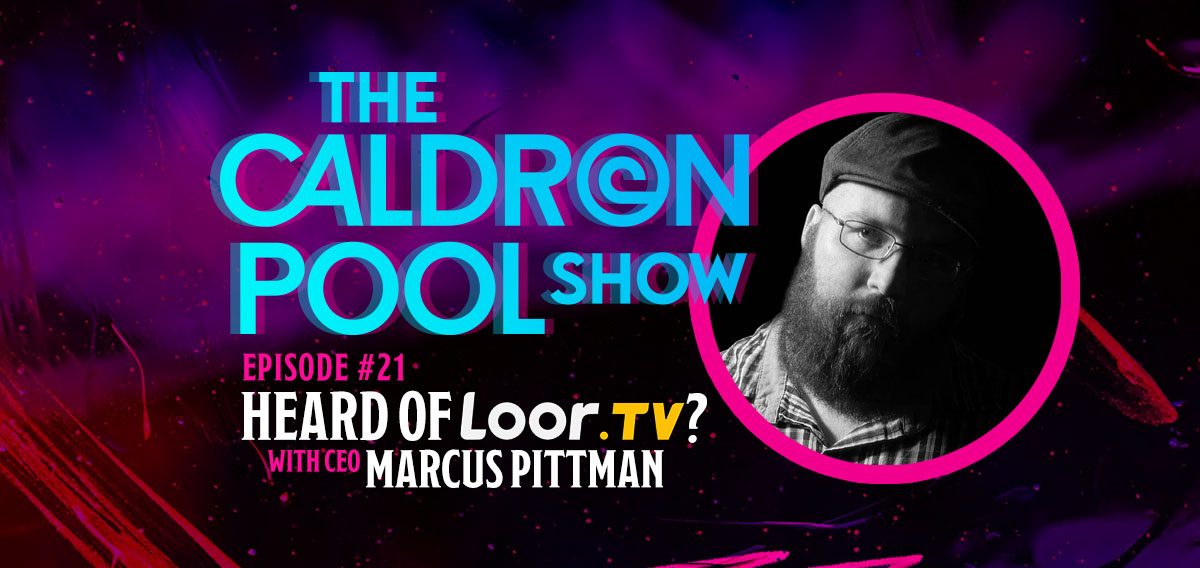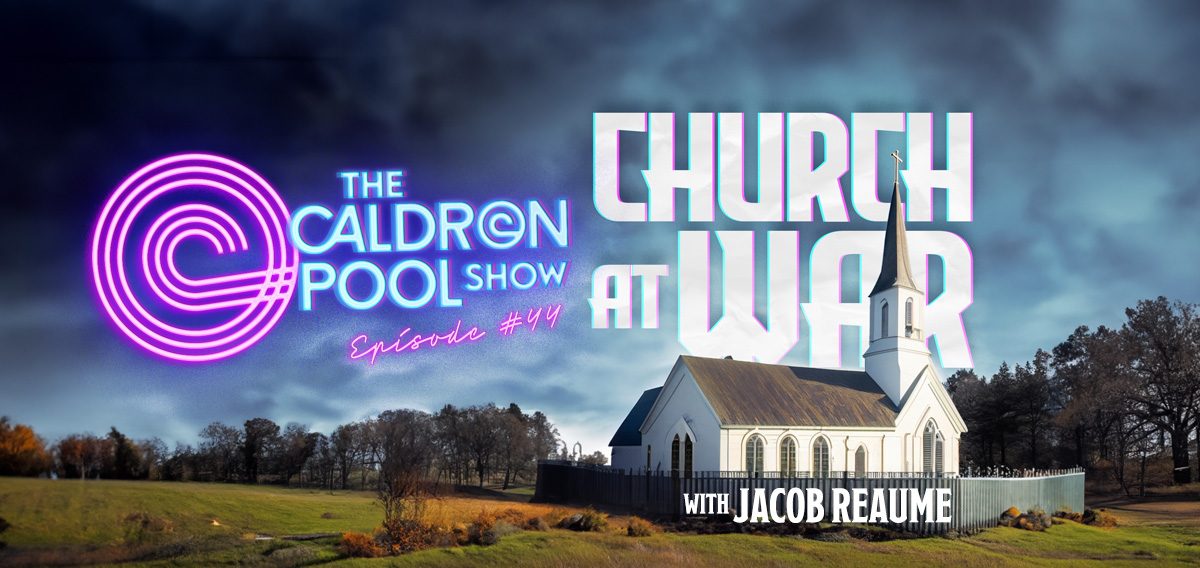In The Closing of the American Mind, published in 1987, Allan Bloom lamented that virtually all American college students believe that there is no absolute truth for all truth is relative. He goes on to comment that the only virtue left now is tolerance and that relativism has extinguished the real motive of education. With the declared goal of opening up the human mind, relativism has actually succeeded in constricting it.
Perhaps we ought to begin with the simple and helpful distinction made by John North and Rob Forsyth. They distinguish between what they call ‘Beetroot truth’ (which you either like or dislike) and ‘Bus truth’ (which will squash you whether you believe it or not). In modern Western society, and in the modern education system, virtually everything – except for racism and fundamentalism – is put under the heading ‘Beetroot Truth’.
This was driven home to me sometime back when I had the opportunity to speak to a girls’ year 12 seminar on Dan Brown’s best-selling novel, The Da Vinci Code. Dan Brown makes the ludicrous claim that the biblical Gospels only present a fictional divine Jesus, while the real human Jesus can be read about in the Dead Sea Scrolls and the Nag Hammadi texts. I made the obvious point that the Dead Sea Scrolls were written probably in the second century B.C., and simply do not mention Jesus at all.
Having dealt with that claim by Brown, I was about to launch into a treatment of the Nag Hammadi texts when some sweet young thing intervened with ‘That’s only your opinion.’ I blinked, was momentarily flabbergasted, recovered, and then replied: ‘No, you can wade through Geza Vermes’ translation of the Dead Sea Scrolls, and you will not find Jesus’ name. The Dead Sea Scrolls do not present a more human Jesus; they do not present any Jesus at all.’ This did not satisfy the sweet young thing, who was long on the critical spirit but short on anything on which to base it. She repeated her criticism that my claim was only my opinion. In other words, all truth is Beetroot Truth.
The debate entered a rather futile toing and froing stage until I asked her whether she had a driver’s licence. Yes, she did. ‘What do you make of the Stop sign at the end of the road?’ Her answer was less than coherent, so I pounced: ‘When the policeman pulls you over for ignoring the Stop sign, he will not be impressed by your defence that what the Stop sign means is only his opinion.’ However, I am not sure that I convinced the sweet young thing, who hopefully drives better than she analyses.
We ought not to be surprised at such views. Our education system encourages the development of a critical spirit but does not promote a grasp of foundational truths. Hence students are supposed to deal with a feminist appraisal of Shakespeare, whether or not that bears any relation to reality. What matters is what the reader thinks, not what Shakespeare was communicating. Students are meant to critique all literature before they have an adequate exposure to good literature. History students who have only studied recent history – especially Nazism – are meant to be able to analyse the flow of historical movements. Chesterton said he opened his mind as he opened his mouth – in order to close it on something substantial. Human beings, as opposed to the animals, deal with truth. It is a part of what makes us human. To cite the playful Chesterton again: ‘Trees have no dogmas. Turnips are singularly broad-minded.’
J. Gresham Machen pointed out that ‘It is impossible to think with an empty mind.’ The view that all truth is relative is not the result of deep thought but a lack of thought. President George Bush proclaimed warmly: ‘Well, first of all, I believe in an almighty God, and I believe that all the world, whether they be Muslim, Christian, or any other religion, prays to the same God.’ One wonders whether Satanists are included in the category of ‘any other religion’. At best, this is lazy thinking. It certainly indicates a mind that is not subject to Scripture. Jesus declares that God’s Word is truth (John 17:17). The Holy Spirit is the Spirit of truth (John 16:13). Christ identifies Himself as the truth – not one truth amongst many truths, but truth incarnate (John 14:6). Of course, there are truths in other religions and philosophies – only a fanatic believes that other people get it wrong 100% of the time. But partial truths point to the Truth.
The quest for relative truth is a forlorn, empty and desolate experience. No wonder the modern education system is so unexciting. Here is C. S. Lewis’ evaluation of the alternatives: ‘If you look for truth, you may find comfort in the end: if you look for comfort you will not get either comfort or truth – only soft soap and wishful thinking to begin with and, in the end, despair.’



















